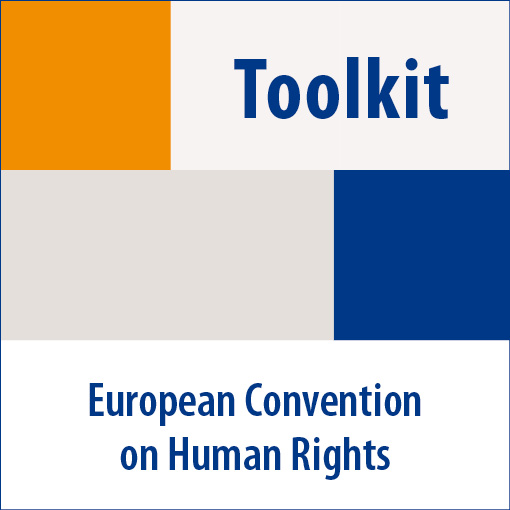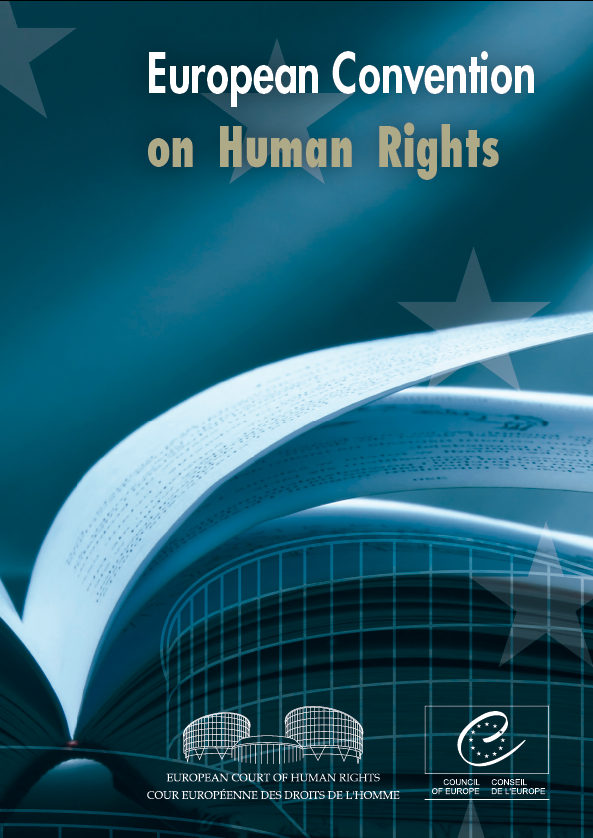"Slavery" means "the status or condition of a person over whom any or all of the powers attaching to the rights of ownership are exercised".
In a case where a young girl brought in from her native country was required to work long hours without payment for a family and to live in their house with no possibility of changing her circumstances, the Court found that she was not a slave (because the family did not "own" her) but she was in servitude (Siliadin v. France) because her place of residence and her work were forced on her against her will.
"Forced or compulsory labour" is where a person is required to work or give service under the threat of a penalty. Paragraph 3 of Article 4 lists three situations which are not to be considered forced or compulsory labour:
- (a) work done by prisoners in lawful detention;
- (b) military service (or its recognised equivalent);
- (c) work that is part of normal civic obligations (e.g. jury duty).
A positive obligation to investigate may also arise here, especially in cases of human trafficking and domestic servitude. The investigation must satisfy the same requirements of openness, effectiveness and independence detailed above on Articles 2 and 3.




